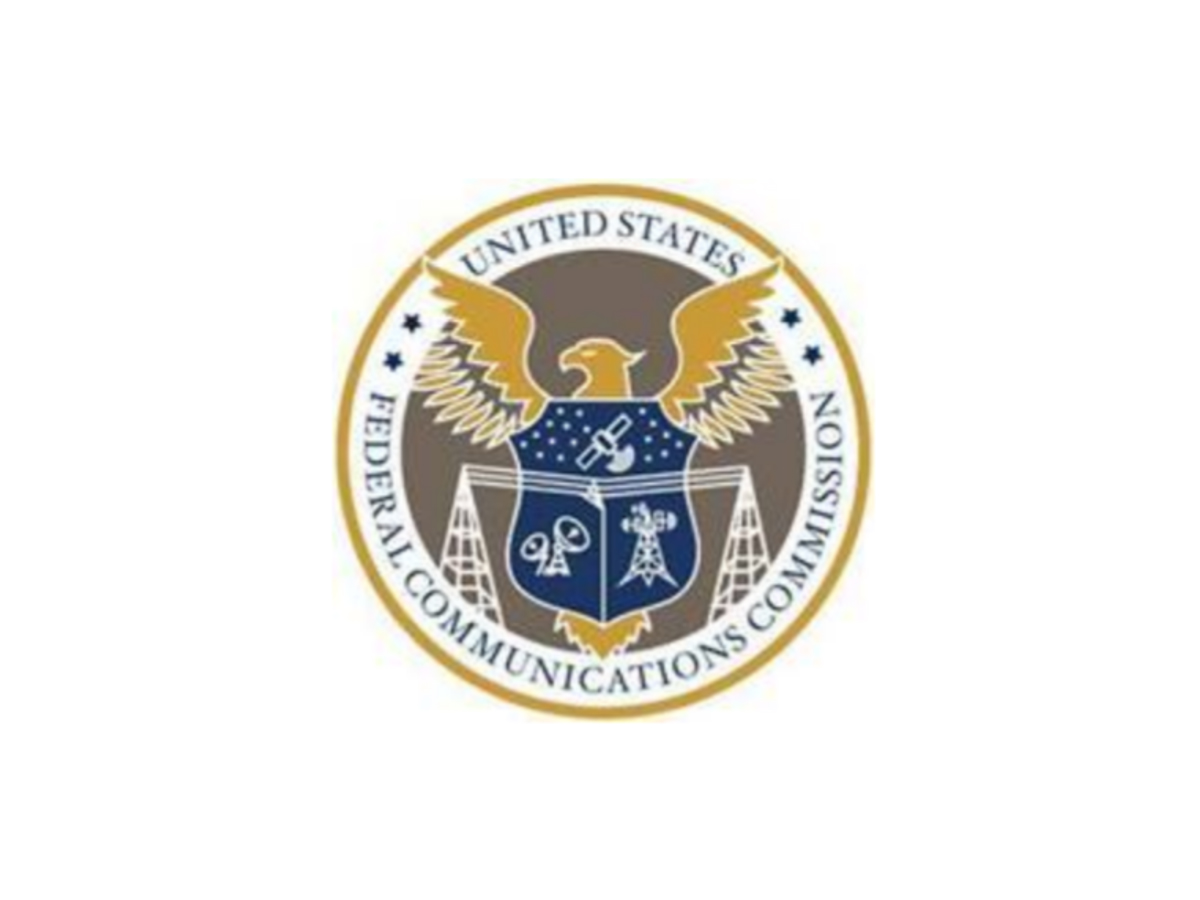FCC Streamlines Carriage, Access Complaint Process
Clarifies statute of limitations trigger

The smarter way to stay on top of the multichannel video marketplace. Sign up below.
You are now subscribed
Your newsletter sign-up was successful
The FCC has voted on a Report and Order (R&O) that would speed up the program access, program carriage, and retransmission consent complaint resolution process.
That came at its virtual November public meeting Wednesday (Nov. 18). The vote was unanimous.
There is currently a one-year statute of limitations, but it allows for a programming vendor to file a program carriage complaint against an MVPD at any time, including years later, with the one-year statute of limitations triggered when the vendor notifies the MVPD of the complaint. That essentially defeats the purpose of a statue of limitations, the FCC said Wednesday.
The R&O clarifies that the one-year limit is triggered "when an MVPD rejects or fails to acknowledge a request for program carriage or request to negotiate for program carriage."
It also modifies the effective dates for carriage decisions by the FCC's Administrative Law Judge to square them with timelines for other ALJ decisions and standardizes rules for resolving complaints against program carriage, program access, retransmission consent, and open video systems (OVS). Specifically, it means that an ALJ's initial decisions on those complaints won't take effect "for at least 50 days following release and will be stayed automatically upon the filing of exceptions with the Commission."
It sets an "aspirational" 180-day shot clock, similar to the one on merger reviews, for the FCC's review of an initial ALJ decision. ALJ decisions are not dispositive, but are instead advisories to the commission on how the judge would recommend it rule. The 180-day clock starts when an appeal of those decisions are filed by an aggrieved party.
And, in a bit of housekeeping, it eliminates a now-moot program carriage standstill provision--it was vacated by a federal appeals court back in 2013.
Commissioner Michael O'Rielly, who pointed out he took the lead on the item, said that there was much more work to do on media modernization and hoped future commissions would take up that effort.
Commissioner Jessica Rosenworcel said she supported "ironing out the wrinkles" in the rules, but needed to monitor it to make sure it also helped independent programmers.
“We applaud the FCC for adopting commonsense reforms to its program carriage and other complaint procedures," said NCTA-the Internet & Television Association. "This latest action in the Commission’s media modernization proceeding is yet another welcome step forward in adapting the Commission’s rules to today’s competitive marketplace.”
The smarter way to stay on top of the multichannel video marketplace. Sign up below.
Contributing editor John Eggerton has been an editor and/or writer on media regulation, legislation and policy for over four decades, including covering the FCC, FTC, Congress, the major media trade associations, and the federal courts. In addition to Multichannel News and Broadcasting + Cable, his work has appeared in Radio World, TV Technology, TV Fax, This Week in Consumer Electronics, Variety and the Encyclopedia Britannica.

